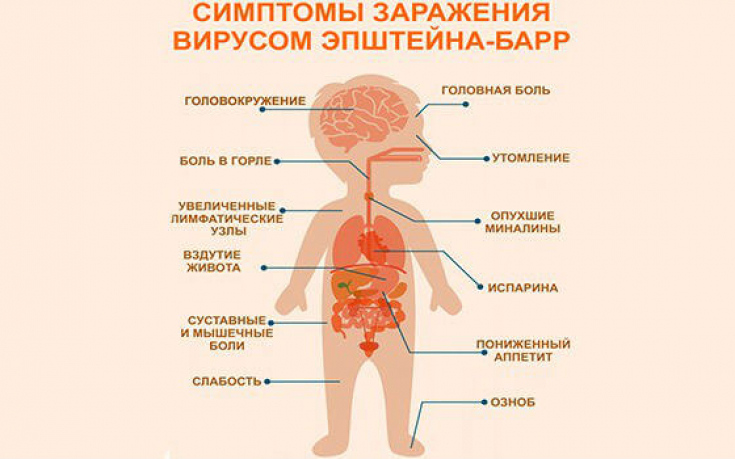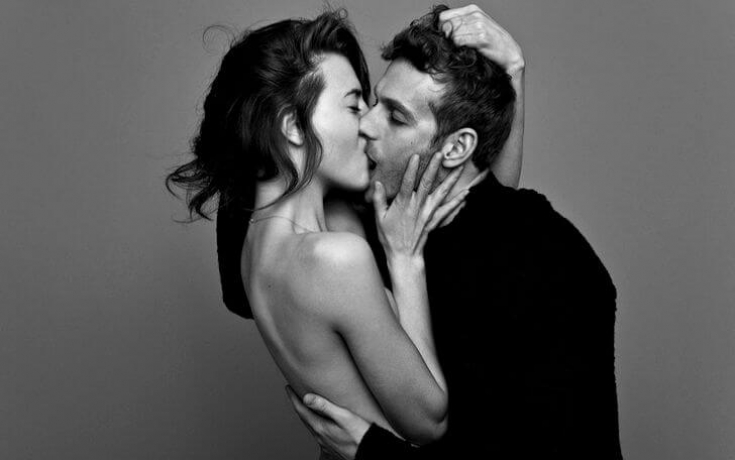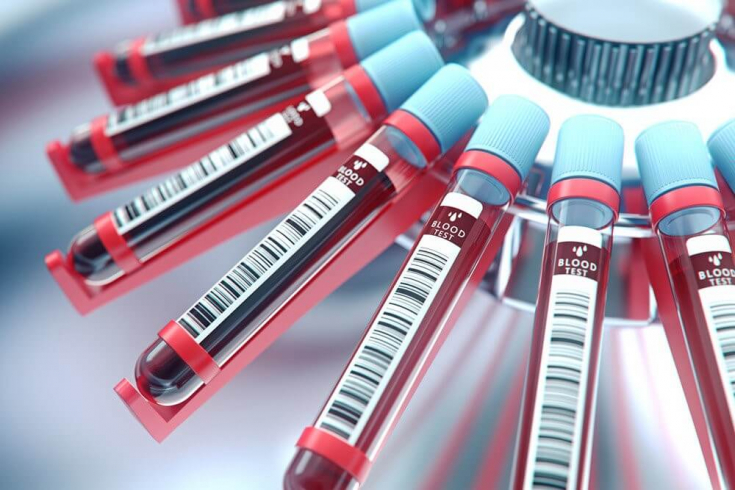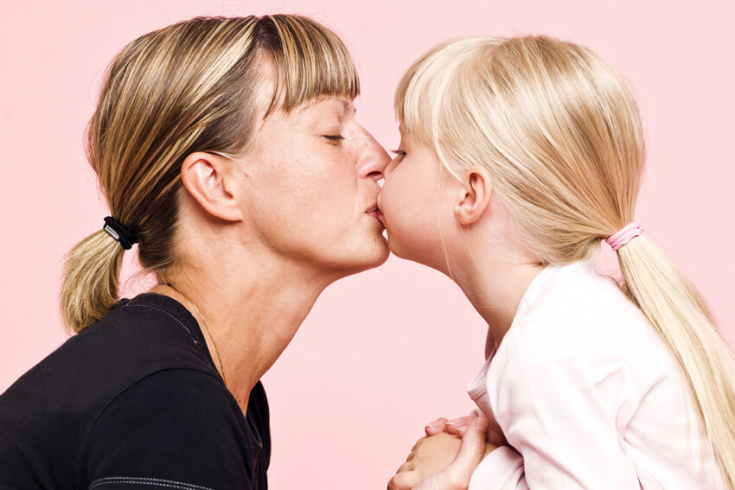Epstein-Barr virus is a virus that causes mononucleosis. Perhaps you know better this disease, nicknamed "mono". It is also called the "kissing disease".
Even though the Epstein-Barr virus (EBV) is not common knowledge, you have probably been infected without even knowing it. Many people carry the virus, but do not get sick.
The editors of estet-portal.com decided to look into this secret virus and its symptoms.
- Epstein-Barr virus symptoms
- Epstein-Barr virus: modes of spread
- Epstein-Barr virus: diagnosis and treatment
Epstein-Barr virus symptoms
It may take 4-6 weeks for symptoms to appear after you have been infected with EBV. When they appear, they are often mild, especially in young children. Symptoms in children may be more like those of a cold or flu. Adolescents often have more obvious mono symptoms.
Follow our page on Instagram!
Symptoms:
• Fever
• Lack of appetite
• Eruption
• Sore throat
• Swollen glands in the neck
• Muscle weakness and pain
Swollen lymph nodes under armpit

Although you should start feeling better in 2-4 weeks, fatigue can last much longer. You may feel tired a couple of
months later.
Virus found in saliva, so you can "catch" it by kissing someone who is infected, you can also get it by drinking water from the same glass, or by using an infected person's toothbrush. It is also found in blood and semen, so you can get mono from sex, blood transfusions, or organ transplants.

EBV stays in your body long after you've broken mono. The virus may become active again after a few months or years, which will once again
infect you.
It's hard to tell if you have mononucleosis just from your symptoms. Fever, fatigue, and a sore throat can also be signs of other illnesses, such as the flu or a cold.
Cracks in the corners of the lips: why they appear and how to treat
See a doctor for an examination. He may find that you have mono, such as an enlarged spleen or white patches on your tonsils. So you may need to take a blood test.

Like other viruses,
Epstein-Barr virus cannot be treated with antibiotics. Mono should clear up on its own without treatment after a few weeks.
What you can do at home:
• Get plenty of rest;
• drink plenty of water and other fluids to stay hydrated;
• suck on lozenges or gargle with warm salt water;
• take pain relievers such as acetaminophen or ibuprofen to relieve fever and body pain (don't give aspirin to children under 19 because of the risk of a rare but serious condition called Reye's syndrome);
•
 No vaccine can protect you from the EBV virus. Who has mono. Do not pass any items, including glasses, silverware, and toothbrushes, to infected people. Therefore, avoid kissing or having sex with an infected person.
No vaccine can protect you from the EBV virus. Who has mono. Do not pass any items, including glasses, silverware, and toothbrushes, to infected people. Therefore, avoid kissing or having sex with an infected person.
Kissing Facts






Add a comment